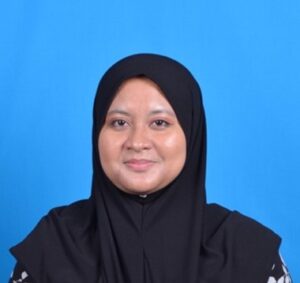CCHE Seminar Series: Cost-Effectiveness Analysis of Biologic Sequential Treatments for Moderate-to-Severe Psoriasis: A Malaysian Healthcare System Perspective
Cost-Effectiveness Analysis of Biologic Sequential Treatments for Moderate-to-Severe Psoriasis: A Malaysian Healthcare System Perspective
Nor Azmaniza Binti Azizam
University of Toronto
Friday November 3, 2023, 10am-12pm, HS Room 412 and Zoom
Abstract: Objective: In Malaysia, there is now a dearth of recommendations pertaining to the priority of biologic treatments for the effective management of psoriasis, given the multitude of available therapeutic alternatives. Present analysis reports results of a cost-effectiveness model that determines the most optimal arrangement of biologic treatments, with a particular focus of adding biosimilars to the existing treatment pathway for psoriasis in Malaysia. Methods: A Markov model was developed to compare the cost effectiveness of various biologic sequential treatments in a hypothetical cohort of moderate to severe psoriasis patient in Malaysia over a lifetime horizon. The model simulated the progression of patients through three lines of active biologic therapy, before transitioning to best supportive care. Costs and effects were discounted annually at a rate of 3%. Results: First line secukinumab has produced lowest incremental cost effectiveness ratios (ICERs) when compared to first line systemic [ICERs value; US$152,474 (first set analysis) and US$110,572 (second set analysis)] and first line phototherapy [ICERs value; US$147,057 (first set analysis) and US$107,616 (second set analysis)]. However, these values were slightly higher than the Malaysian based threshold of three times gross domestic product per capita, US$104,337. A 40% reduction in the unit costs of reference biologics renders most of the evaluated treatment sequences cost-effective. Conclusion: Adding biosimilar to the current treatment sequence was cost saving strategy as it reduced the costs without significant loss of effectiveness. Given the significant impact of comorbidities and the resulting decline in quality of life among individuals with psoriasis, it may be justifiable to establish a threshold of up to US$184,000 per quality-adjusted life year (QALY) for the provision of therapies in the context of Malaysia.
Nor Azmaniza Binti Azizam, PhD, is currently a postdoctoral fellow at the Institute of Health Policy Management and Evaluation, University of Toronto since January 2023. She obtained a PhD in Community Health Sciences, with a focus on economic evaluation in healthcare from the National University of Malaysia. She is particularly interested in health economic modelling to assess cost effectiveness of various healthcare interventions.

